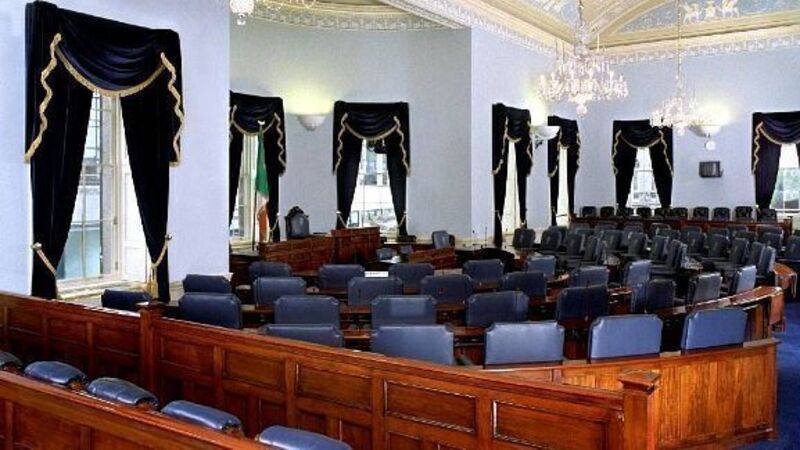Democratise the Seanad and utilise it

His role was to act as a check on the membership of the Senate, to periodically oversee its membership and ensure that it was comprised of those eligible to attend.
The Censor had the power to disbar if someone didn’t meet the property franchise, or if they had bribed or cheated or lacked moral fibre. We might, in this State, consider reintroducing the office.
















